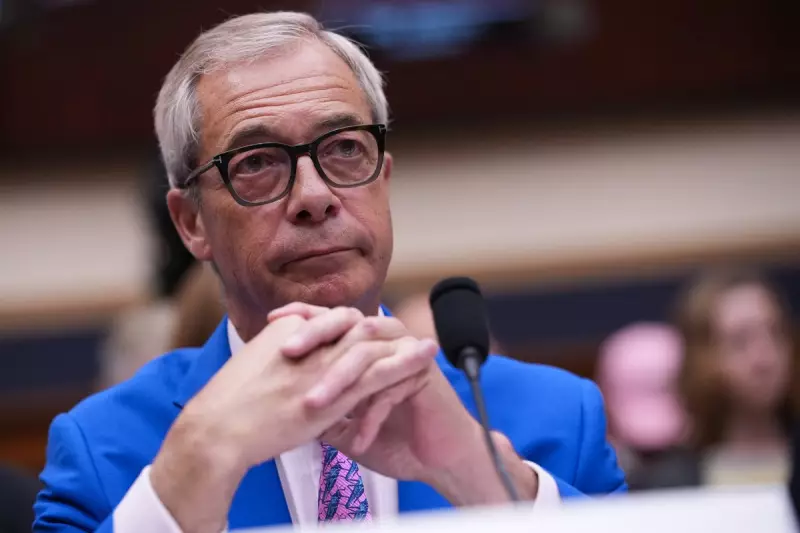
In a fiery address that set the tone for his party's new era, Nigel Farage boldly declared Reform UK the true "opposition" to Sir Keir Starmer's Labour government, following a seismic general election that redrew Britain's political map.
The party leader used his keynote speech at Reform's first post-election conference in Newport, South Wales, to launch a scathing attack on the UK's electoral system, branding it "corrupt" and fundamentally "unfair." He presented stark figures to underline his grievance: while Reform secured a historic 4.1 million votes, the First Past the Post (FPTP) system translated this massive public support into just five parliamentary seats.
The 'Stolen Votes' Allegation
Farage's central argument hinged on a direct comparison with the Liberal Democrats. "We got 4.1 million votes, they got 3.5 million votes. They have 71 MPs. We have five. Does that sound fair? Does that sound democratic?" he challenged the crowd, who met his rhetoric with roaring approval. He framed the discrepancy as millions of votes effectively "stolen" by an archaic system designed to favour entrenched political duopolies.
A Declaration of War on the Tories
Beyond electoral reform, Farage set his sights squarely on the shattered Conservative Party. He issued a stark warning to its remaining MPs, stating Reform's immediate objective is to "take over the Conservative vote." He positioned his party as the natural home for disaffected Tory voters and members, leaving the historic party's future in serious doubt.
His ambition doesn't stop there. Looking ahead to the next electoral battle, Farage confidently predicted a dramatic reversal of fortunes, aiming to supplant the Conservatives as the principal opposition force in British politics.
Rayner in the Crosshairs
The conference wasn't solely focused on future wars; it also took aim at the current government. Deputy Labour Leader Angela Rayner became a prime target for Reform's criticism. The party openly questioned her suitability for high office, specifically her new role as Secretary of State for Housing, Communities, and Local Government, signalling a combative approach towards Labour's top team from the outset.
This aggressive stance against both the government and the weakened Tories marks Reform UK's intent to dominate the political conversation and solidify its position as a major force on the right of British politics for years to come.





